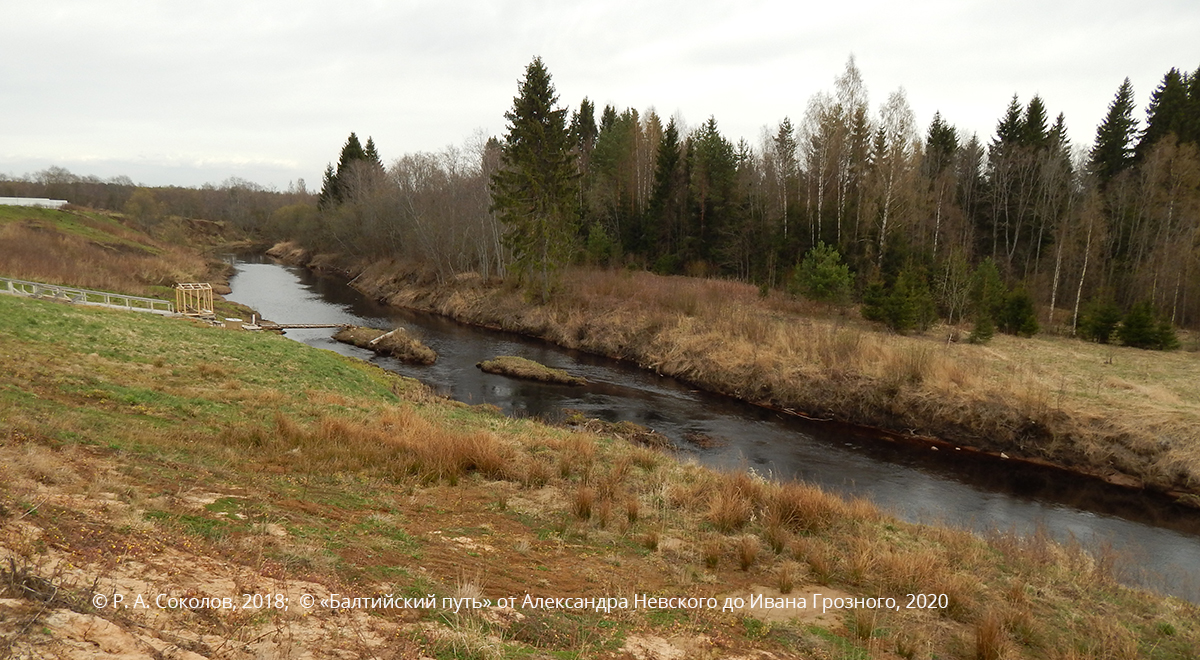Battle of Voronega river, 1164
The lands of southern Finland, inhabited by Sumy and Emyu, and Karelia, and, of course, the Ladoga and Neva regions were the field of confrontation between Swedish Kingdom and Novgodrod Land. The largest battles in the 12th cent. were the sea battle in the Gulf of Finland (1142) and the siege of Ladoga (1164).
In 1164 the Swedes made a great campaign, as a result of which the inhabitants of Ladoga had to temporarily go into deep defensiveness, hiding behind the fortress walls, having previously set fire to the buildings outside them. It was necessary to wait for help from Novgorod. In the meantime, the Swedes tried to take the stronghold by storm. After that, the invaders moved to the Voronega River. Perhaps the invaders counted on the help of one of the tribes living along this river. It is possible that there they could even create some kind of fortified point as a military base., relying on which it was possible to threaten the Ladoga fortress. But Novgorod Prince Svyatoslav with his warriors attacked the Swedes. The Swedes, located on the coast, did not expect an attack. They in panic rushed to the augers, but even here they were met by Novgorod warriors, who struck the enemy with cold weapons, took them prisoner.
By the similarity of the offensive strategy of the Novgorodians, the battle on Voroneg is a prototype of the future battle on the Neva (1240), but unlike the latter, it is much less known, although in recent years the efforts of enthusiasts have been undertaken efforts to preserve her memory. For this purpose, in the village of Samushkino (Volkhovsky district of the Leningrad region) located on the banks of Voronezh (chronicle Voroneg), an excursion and tourist object is being formed practically from scratch — a temple-memorial zone at the site of the battle of 1164. It includes a newly built wooden church in Russian traditions, models of Swedish ships, elements of modern tourist infrastructure.
R. A. Sokolov
Tags: places of memory, Battles, before 13 century, По маршруту Александра Невского: Ледовое побоище, North-West Russia

 English (United Kingdom)
English (United Kingdom)  Russian (Russia)
Russian (Russia) 



























